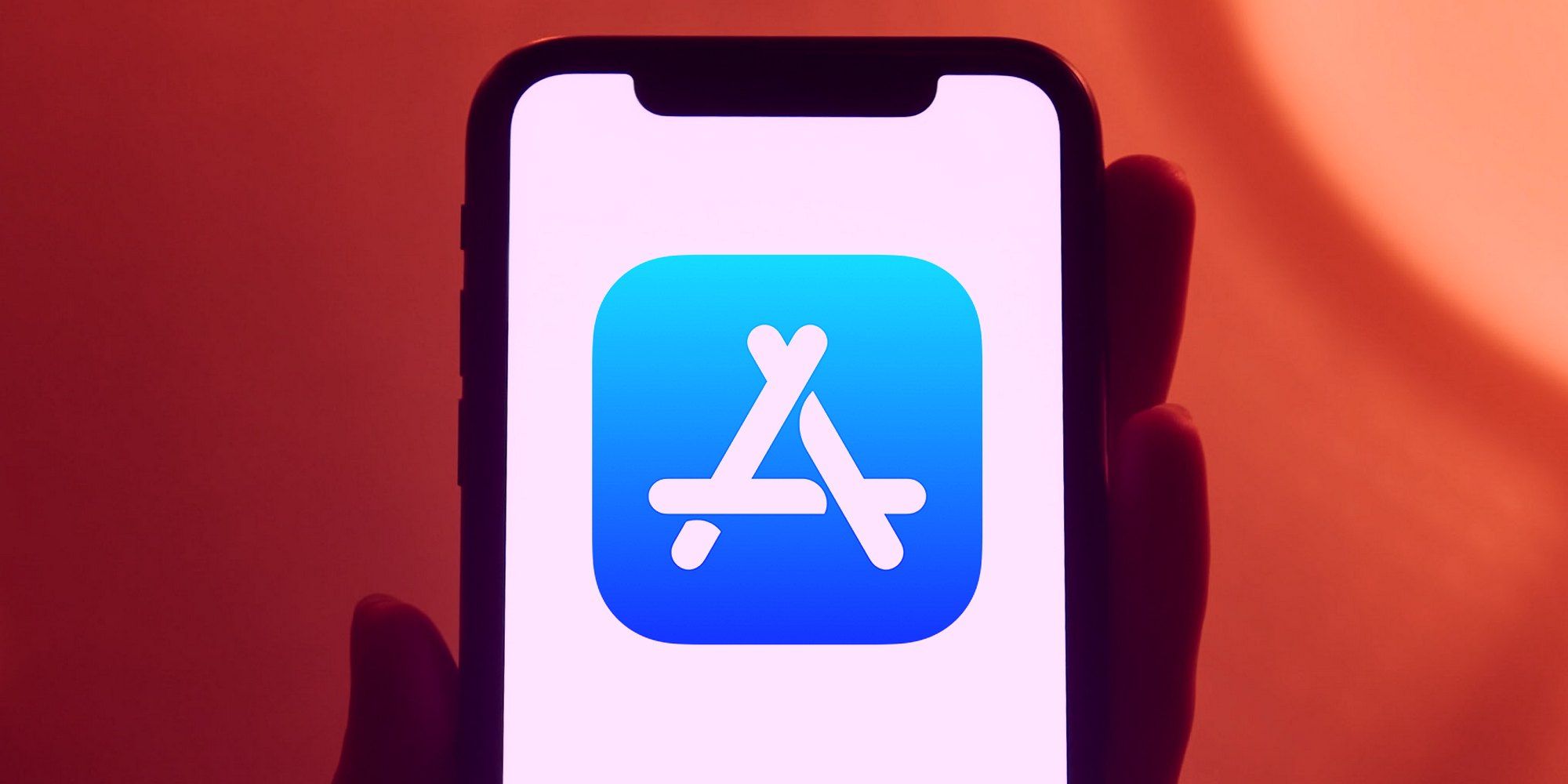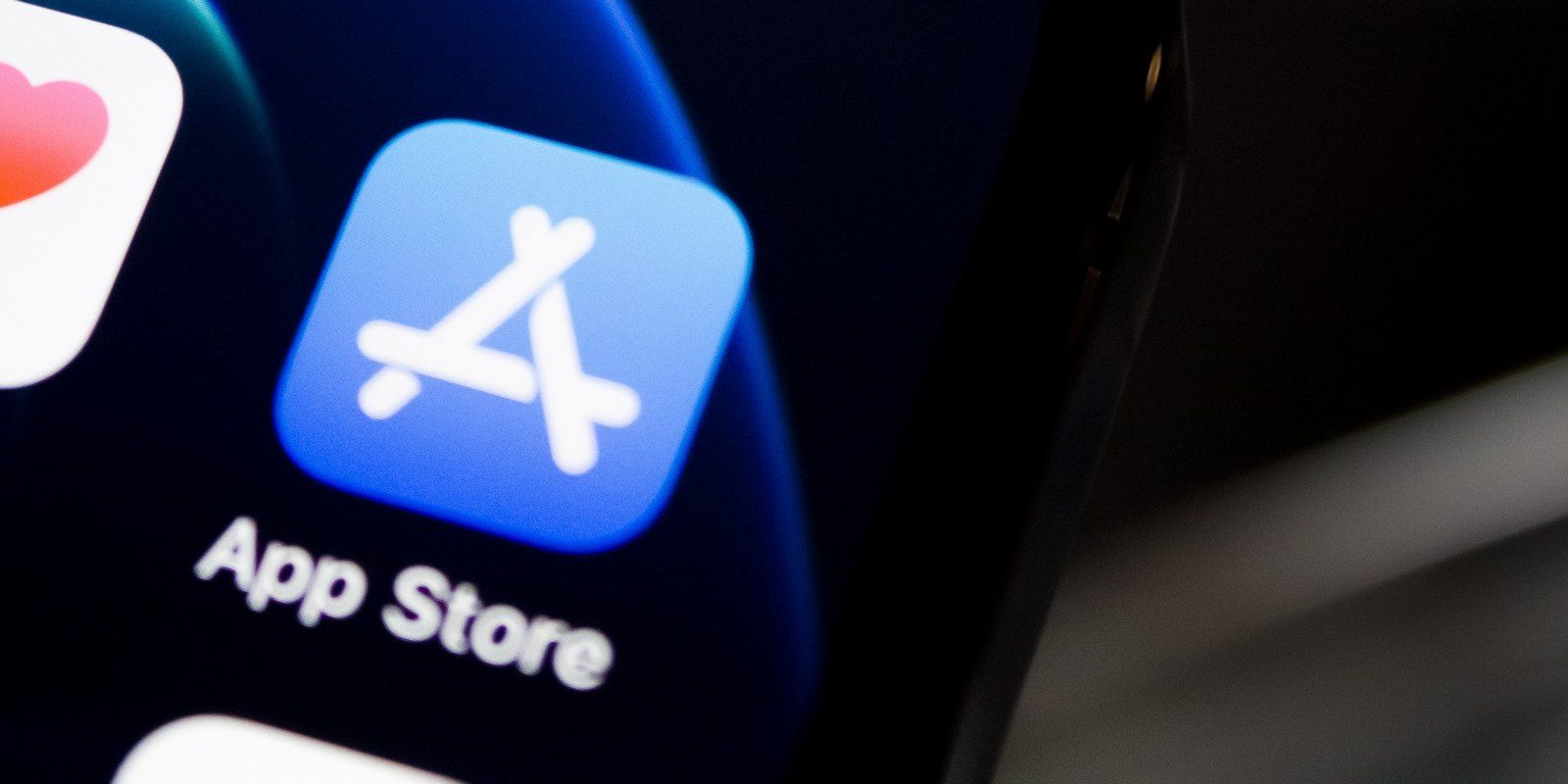Apple has made a controversial change to its App Store policies, one that allows a subscription to auto-renew even if the developer has raised the monthly or yearly fee — without explicitly seeking permission from users. Now, this isn’t the first time an App Store policy has drawn criticism, but usually, it’s the developers that have complained about the arbitrariness and flawed interpretation of those policies. A few weeks ago, developers raised concerns that Apple was removing apps that haven’t been updated in a while. Apple on the other hand cited the need for security and a fresh user experience.
However, the problem is that not all apps need updates to add more content or functionality. There are games that are complete on their own without any extra chapters needed. The same goes for utilitarian elements like a scientific calculator, a meditation app, or an ebook reading app. The email app 'Hey' was recently banned for iPhone users because Apple wanted the developer to add a signup option within the app, ensuring it gets a 30 percent revenue cut. It comes as no surprise that the EU opened investigations into Apple in 2020, probing whether the company broke competition laws with its App Store policies.
A lot has happened since then, and Apple has even been forced to comply in markets like South Korea. But it looks like the debate apparently won’t stop anytime soon. On May 16, Apple issued an App Store policy update that will allow automatic renewal of subscriptions even if the developer has hiked the price. “With this update, under certain specific conditions and advance user notice, developers may also offer an auto-renewable subscription price increase, without the user needing to take action and without interrupting the service,” says the update. The part about not seeking explicit permission from subscribers despite a price hike rings alarm bells, irrespective of how small or large the bump in price remains.
What Is Changing, Why, And How?
So far, every time a developer has hiked the price of a subscription-based product, users have had to opt-in before paying the increased fee. In case a user doesn't agree to it, the subscription is not renewed for the next billing cycle. That rule is changing because Apple thinks it causes unintentional interruption for users. Following the policy change, user consent is removed from the equation. In 2020, Adjust (via VentureBeat) estimated that an average American spent $20.78 each month on app subscriptions, while those using streaming services like Netflix were paying around $33.6 each month. With the recent hike in pricing for services like Netflix, Apple’s App Store policy update is certainly going to sting.
Apple's new policy update includes certain restrictions to stop the feature from being abused. And those restrictions are important because bad actors have duped users into downloading apps that charge them for a subscription without any services on offer. In Apple’s case, the opt-in protocol will be exempt if the price hike for a subscription happens only once a year. Moreover, the price bump should not be worth more than $5 or 50 percent of the original subscription price for a month. On a yearly basis, the increase in price should not cross the $50 threshold or 50 percent of the net value. A customer is unlikely to be concerned about auto-renewal with a $1 hike, but larger amounts will be met with resistance. However, Apple says it will inform users about the price hike via push notifications, email, and a message, aside from telling them how to manage their subscription.
Sources: Apple, VentureBeat


